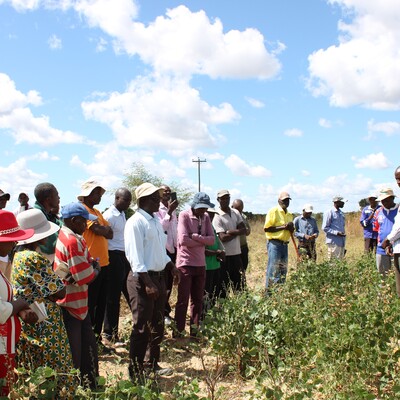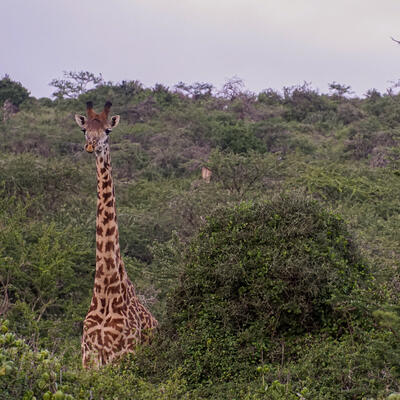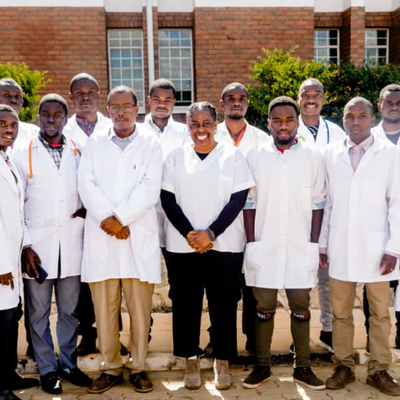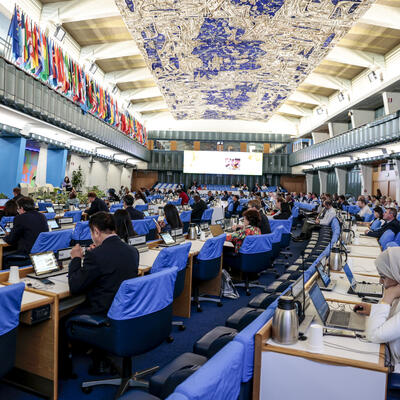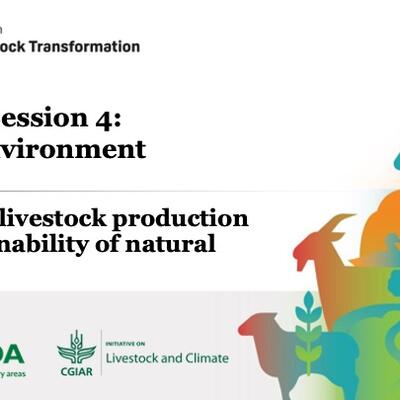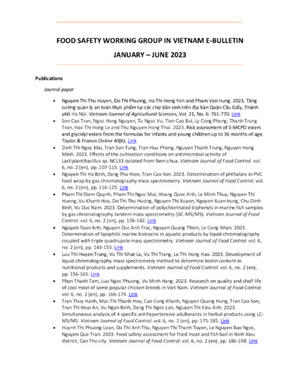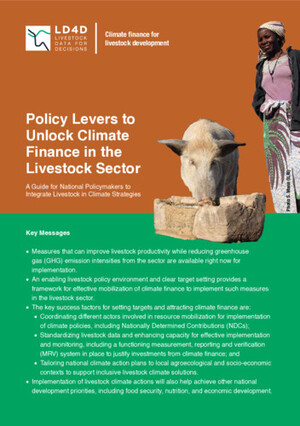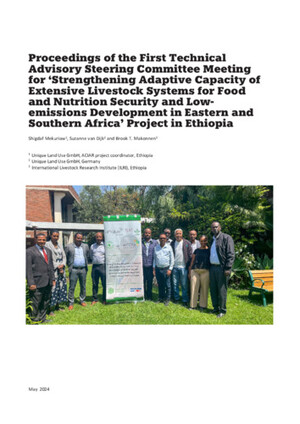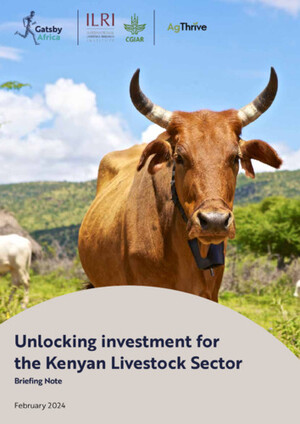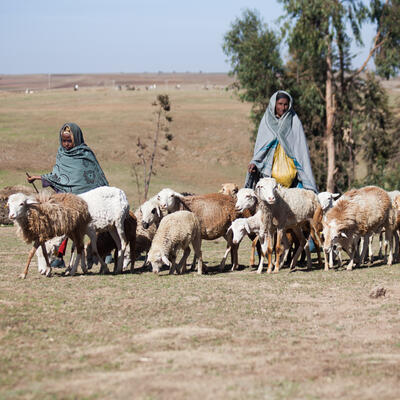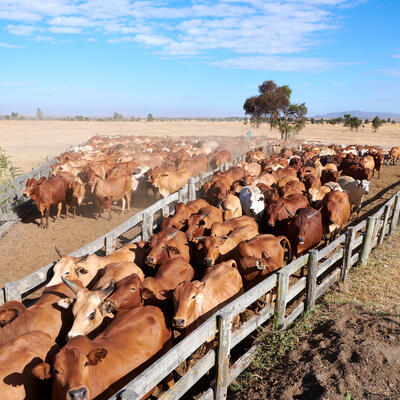
ILRI launches livestock research for development programs in Nepal
The International Livestock Research Institute (ILRI) has officially launched its programs in Nepal.
Bimal Kumar Nirmal, acting secretary in Nepal’s Ministry of Agriculture and Livestock Development (MoALD), officially launched ILRI’s livestock research programs in the country on 23 April 2021 at an inception meeting hosted by ILRI and MoALD in Kathmandu.
Hosted by the International Rice Research Institute (IRRI) at Khumaltar, Kathmandu, the new ILRI-Nepal office started operations in January 2021, marking an important step towards ILRI’s increased presence and engagement in the country. The new office will strengthen the institute’s partnerships with national and regional partners in South Asia to provide science-based evidence to decision makers, facilitate scaling of proven livestock management practices and strengthen the capacities of key stakeholders in Nepal.
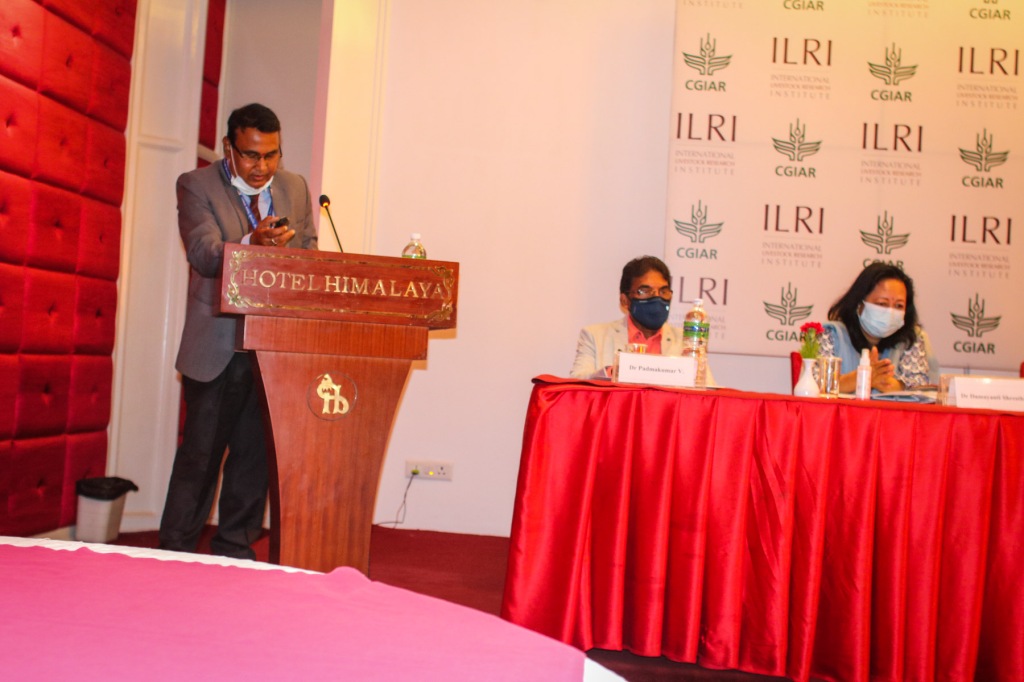 Bimal Kumar Nirmal, acting secretary, Ministry of Agriculture and Livestock Development, at the launch of ILRI’s research programs in Nepal on 23 April 2021 (photo credit: Samir Subedi).
Bimal Kumar Nirmal, acting secretary, Ministry of Agriculture and Livestock Development, at the launch of ILRI’s research programs in Nepal on 23 April 2021 (photo credit: Samir Subedi).
The ILRI-Nepal office is headed by Padmakumar Varijakshapanicker, senior research management coordinator at ILRI, who serves as the Nepal country representative in charge of coordinating ILRI’s research in the country.
ILRI has been working in Nepal for a while. It started with the Cereal Systems Initiative for South Asia (CSISA) project in 2013, which focused on the improvement of crop residues as livestock feed. Besides, ILRI has been coordinating the Feed the Future Innovation Lab for Livestock System (LSIL) project activities in Nepal for the last five years. In the future, ILRI will continue to coordinate the already approved United States Agency for International Development-funded Phase II (2019 to 2024) activities of LSIL in Nepal.
The livestock sector contributes around 13.5% of Nepal’s national gross domestic production (GDP), 50% to agricultural GDP, and engages 60% of the rural people. ‘We view goat production, dairy and poultry production as key pathways out of poverty for Nepali farmers,’ said secretary Nirmal. He also pointed out some challenges that the country is facing in low livestock productivity, weak value chains, animal health problems, food and fodder scarcity, breeding and genetics, and food safety.
ILRI has already developed plans in Nepal with national and regional research partners, private sector, government, and non-governmental organizations that identify the priorities for collaborative livestock research for development work in the country.
‘We are working for the betterment of the livestock sector in Nepal by focusing on several key areas including animal genetics, feed-based intensification, animal health, food safety, One Health, value chain development and livestock investment capacity development,’ says Padmakumar.
Speaking via video at the meeting, Iain Wright, ILRI deputy director general, said ‘self-sufficiency in animal-sourced foods is one of the main visions of the Government of Nepal, and we are committed to helping the government in realizing this vision. ILRI looks forward to greater collaboration with national and international partners.’
In closing remarks, Hari Bahadur K. C, joint secretary (planning and foreign aid) at the MoALD, said the government will support ILRI’s research programs in line with the country’s priorities. He said ILRI will be playing a key role in capacity development towards improving and modernizing the livestock sector. Damayanti Shrestha, director general, Department of Livestock Services, added that the ministry is eager to work with ILRI and support the new partnerships that will result from ILRI’s engagement with stakeholders in the country.
More than 50 guests from across Nepal’s livestock sector and virtually from ILRI and LSIL attended the inception meeting.
 Key stakeholders in Nepal’s livestock sector attended the inception meeting (photo credit: Samir Subedi).
Key stakeholders in Nepal’s livestock sector attended the inception meeting (photo credit: Samir Subedi).
(The post was written by Kennady Vijayalakshmy, research and communications officer with ILRI in South Asia, with additional editing by Chi Nguyen and Paul Karaimu, communications officer, ILRI).
Read more related news:
Press release: Livestock research institute opens new office in Nepal
Transforming livelihoods in South Asia through sustainable livestock research and development
Livestock and livelihoods: CSISA project boosts incomes and productivity in South Asia
CSISA take two: Partners aim to reach out to more farmers in coming years






